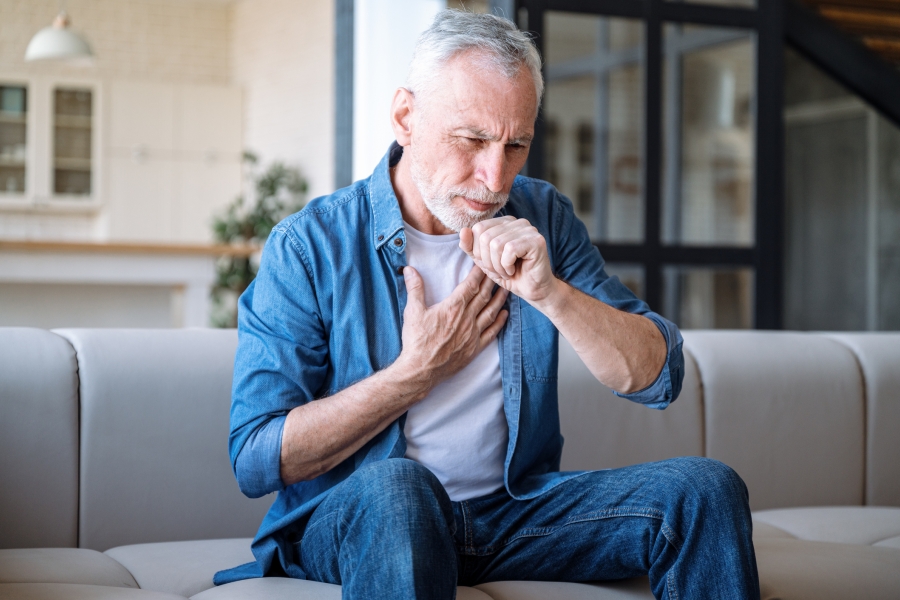When you're sick or injured, you may need immediate medical attention. If you can’t get an appointment with your doctor right away, you may be wondering what to do. Should you go to urgent care, or is it best to head to the emergency room (ER)?
The ER should be your first choice if an injury or illness appears severe or life-threatening. And if your condition isn't an emergency but you can't wait until the next day, that's when you should visit an urgent care center.
Here’s a guide to help you determine whether to go to an urgent care center, such as Temple ReadyCare, or the nearest ER when you need immediate medical attention:
When to go to urgent care
With convenient hours and walk-in services, Temple ReadyCare provides medical care for minor or non-life-threatening conditions, including:
- Cold or flu
- Fever, cough or sore throat
- Headache or migraine
- Ear infections
- Minor allergic reactions, asthma attacks or rashes
- Gastrointestinal disorders
- Urinary tract infections (UTIs)
- Cuts or wounds requiring stitches
- Minor burns or eye irritation
- Minor orthopaedic injuries, like a sprained wrist or ankle


